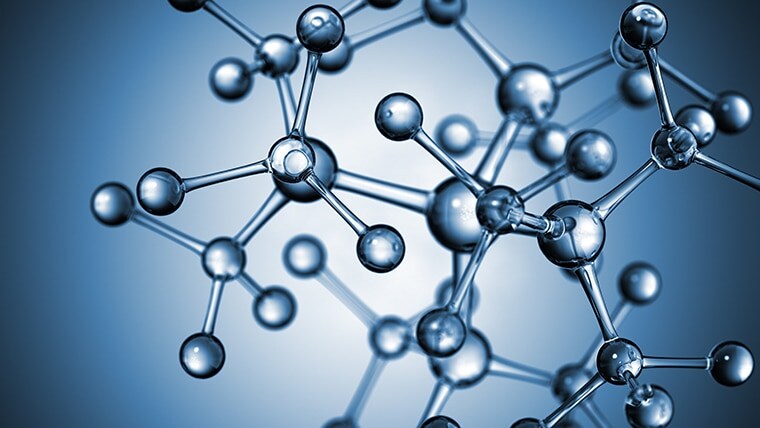Chemistry, the study of matter and its properties, continues to drive innovation and discovery across a wide range of fields, from medicine and materials science to energy and environmental sustainability. In this article, we’ll explore some of the latest breakthroughs in chemistry and their potential implications for science, technology, and society.
1. Advances in Drug Discovery:
Chemistry plays a crucial role in drug discovery and development, with recent advancements leading to the creation of novel therapies for treating a variety of diseases. One notable breakthrough is the development of small molecule inhibitors that target specific proteins or enzymes implicated in cancer and other diseases. These inhibitors have shown promising results in preclinical studies and clinical trials, offering new hope for patients with hard-to-treat conditions.
2. Sustainable Materials and Green Chemistry:
As concerns about environmental sustainability grow, researchers are turning to green chemistry principles to design safer, more sustainable materials and processes. Recent innovations in green chemistry include the development of biodegradable polymers, renewable energy sources, and environmentally friendly methods for synthesizing chemicals and pharmaceuticals. By minimizing waste, reducing energy consumption, and eliminating hazardous substances, green chemistry is helping to create a more sustainable future for our planet.
3. Next-Generation Energy Storage:
Chemistry plays a critical role in the development of next-generation energy storage technologies, such as batteries and fuel cells, which are essential for transitioning to a clean energy economy. Recent breakthroughs in battery chemistry have led to the development of high-capacity lithium-ion batteries, solid-state batteries, and flow batteries with improved energy density, efficiency, and safety. These advances have the potential to revolutionize renewable energy storage and accelerate the transition to a low-carbon energy grid.

